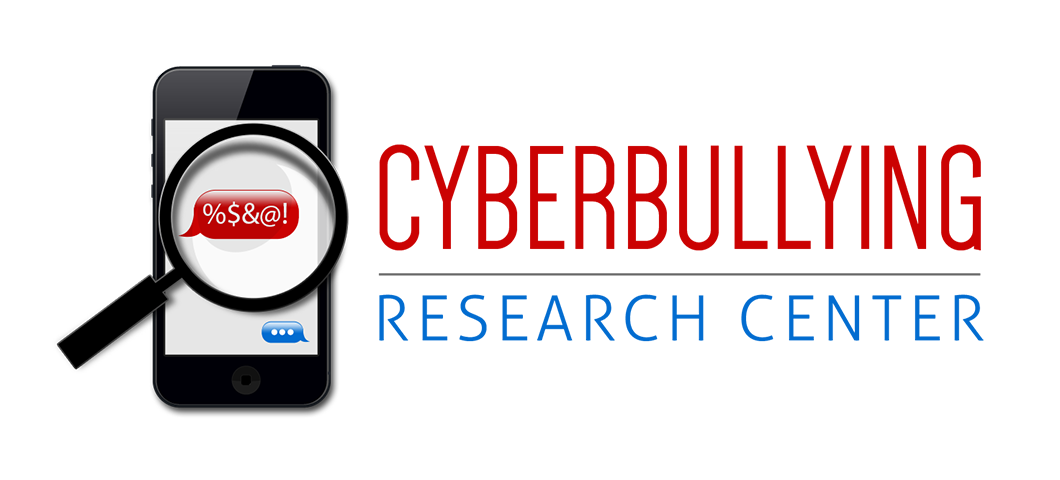
I was talking to a colleague recently, and we were bemoaning the fact that all of these legislative actions (laws, prosecutions, suspensions of driver’s licenses) are only addressing the symptoms of cyberbullying and not its cause(s). Moreover, Justin and I have been hearing from a variety of information technology companies working on software to combat cyberbullying with a symptomatic response. This is all fine and well – there is a need for these laws and mandates and policies and technological solutions. However, they do not make any headway in clarifying the underlying issues that have contributed to adolescent peer aggression over the last few decades (or since the beginning of time – whichever time frame you’d like to use!). So exactly what should we be doing with our time and efforts – as the major plan of action to which everything else is supplementary? Promoting education and awareness (among children, teenagers, parents, teachers, administrators, counselors, school nurses, law enforcement, and the general community). And then formal evaluation to determine the measurable benefits of those specific education and awareness strategies. And then refinement of those strategies, followed by re-implementation. This has worked in the area of traditional bullying, and with traditional forms of delinquency among school-aged youth. There is increasing anecdotal evidence that it will also work when dealing with cyberbullying. We believe that our research will demonstrate a similar effectiveness as we continue to study this phenomenon over the next few years.








i think it is appauling!
i think it is appauling!
I agree that we should, as a nation, be focusing on the causes and not the effect. If we can define the causes and create a healthy, stable, effective way of dealing with the causes. Hopefully, we'll be seeing a new way of dealing with this issue.
I agree that we should, as a nation, be focusing on the causes and not the effect. If we can define the causes and create a healthy, stable, effective way of dealing with the causes. Hopefully, we'll be seeing a new way of dealing with this issue.
As a school counselor, I have to say that it has been my experience that no one ever sees their behaviors as "bullying". Therefore, I could say that I have actually never met a bully! A student will always say, "Well, they're always messing with me." or "I have been messed with my whole life, and I am tired of it." or "Man, I was just playing." In other words, bully's tend to see themselves as the victim. This is why it is so hard to deal with this issue. The rhetoric is so controversial and politicized it is hard to get to the core issues of self esteem and moral development.
As a school counselor, I have to say that it has been my experience that no one ever sees their behaviors as "bullying". Therefore, I could say that I have actually never met a bully! A student will always say, "Well, they're always messing with me." or "I have been messed with my whole life, and I am tired of it." or "Man, I was just playing." In other words, bully's tend to see themselves as the victim. This is why it is so hard to deal with this issue. The rhetoric is so controversial and politicized it is hard to get to the core issues of self esteem and moral development.